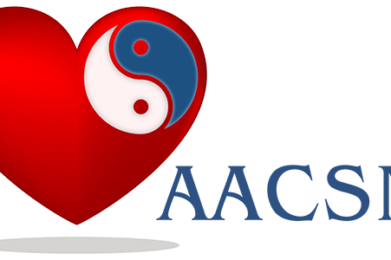26 AUG 2020 by Bob Floro, MS, RRT
Continuing Medical Education for the Sleep Industry

COVID-19 is a respiratory illness caused by a novel (new) virus, and we are learning more about it every day. There is currently no vaccine to protect against COVID-19, yet there are promising reports that vaccines that will be developed in the very near future. At this point, the best way to prevent infection is to avoid being exposed to the virus that causes it. Stopping transmission (spread) of the virus through everyday practices is the best way to keep people healthy.
According to the Centers for Communicable Disease (CDC), health educators, working together with local health departments, have an important role in slowing the spread of disease.
CDC and other Federal entities have included the following measures in their mitigation strategies:
- Review, update, and implement emergency operations plans (EOPs).
- Effective handwashing or use of hand sanitizer.
- Identify critical job positions and plan for cross-training staff and faculty.
- Mandate quarantine for those individuals infected or exposed.
- Perform routine environmental cleaning.
- Social distancing.

CME and CEU requirements remain in place in almost all health care specialties. Physicians, physician assistants, nurses, therapists, and technologists are all challenged with finding the efficacious method of obtaining continuing education to maintain their licenses and certifications. Several states maintain licensure requirements that allow only a portion of the required CME’s and CEU’s to be obtained on-line. And while many of those restrictions have been temporarily relaxed, the total CME and CEU requirements have not.
Educational providers have adjusted as well. Most on-site conferences have been postponed and/or cancelled. Where those educational providers wish to continue to provide education, they have created virtual learning platforms, where those previously scheduled conferences are now offered electronically. But many educational providers have been providing electronic access to education for years. While there is no shortage of national distance-learning providers of sleep education, those providers must be capable of offering clinically significant course material at a reasonable price. Organizations like www.AACSM.org, ACHCU, DME Train and www.Sleepedu.org are just a few of those quality providers.
So on-line distance learning is decidedly the next the next best step in helping to ensure students, staff, and faculty have safe and healthy environments in which to learn and work. And, most importantly, to earn approved continuing education hours. Additional information and on-line courses may be found at www.AACSM.org.
The information contained in this article is offered for educational purposes. The views and opinions expressed are those of the authors and do not necessarily reflect the official policy or position of The American Academy of Cardiovascular Sleep Medicine.”








